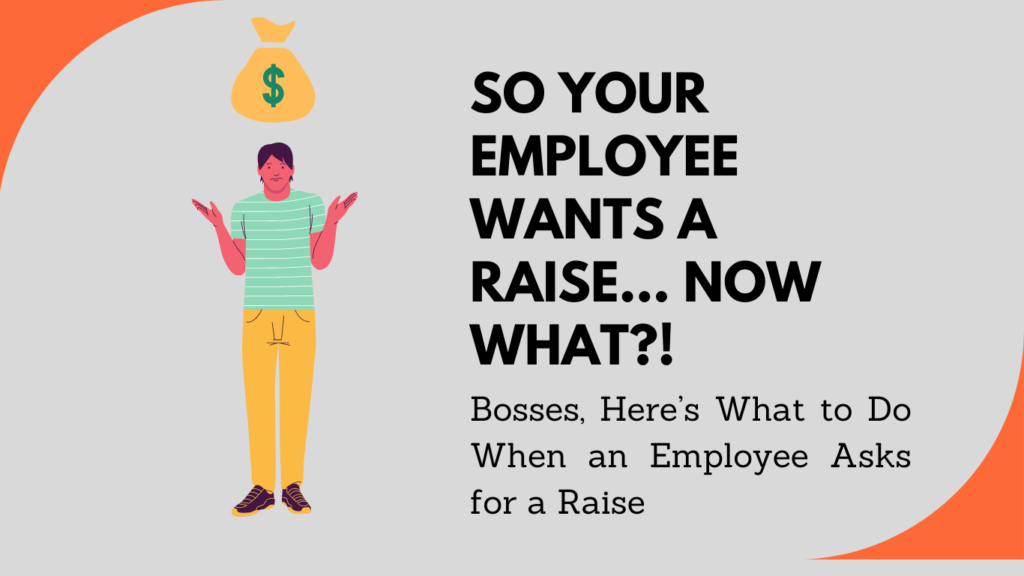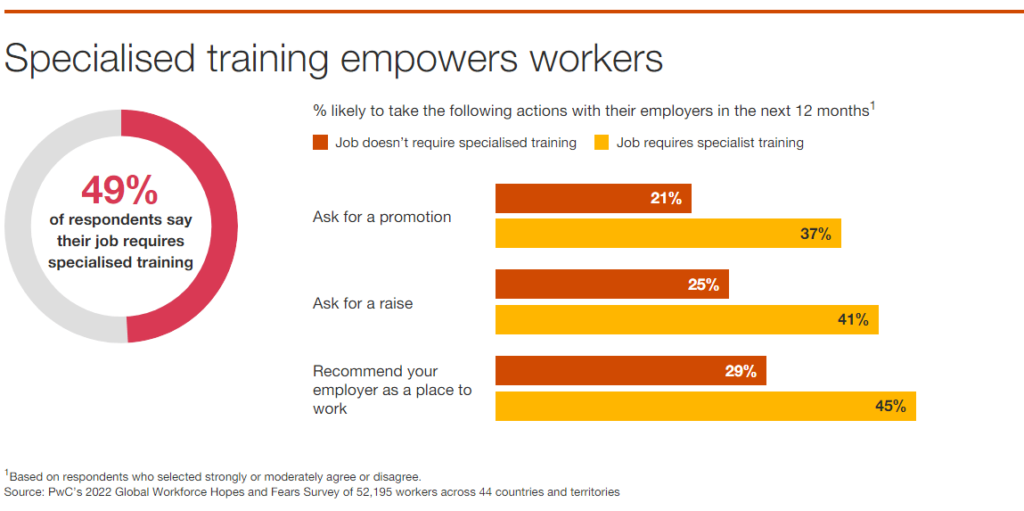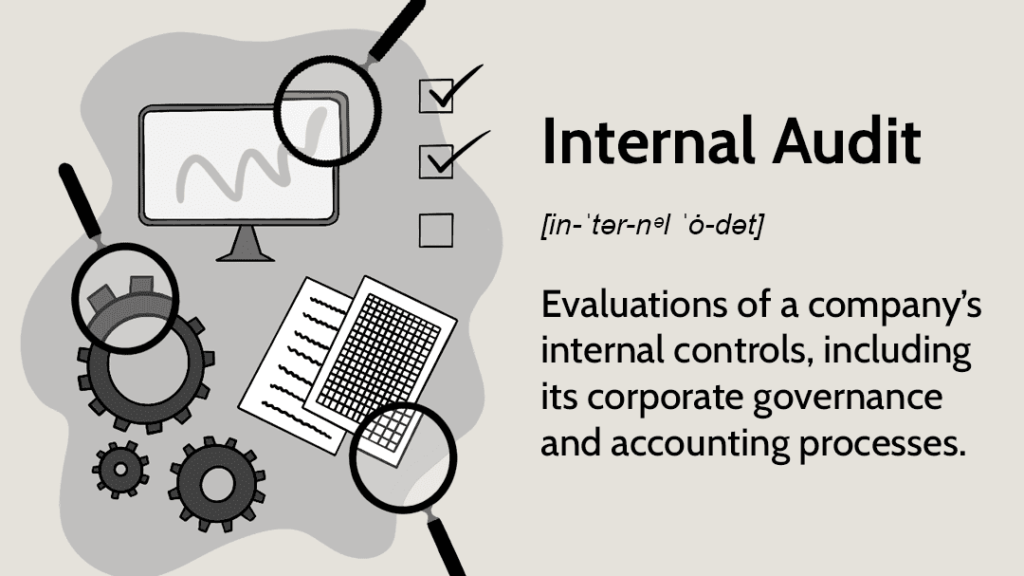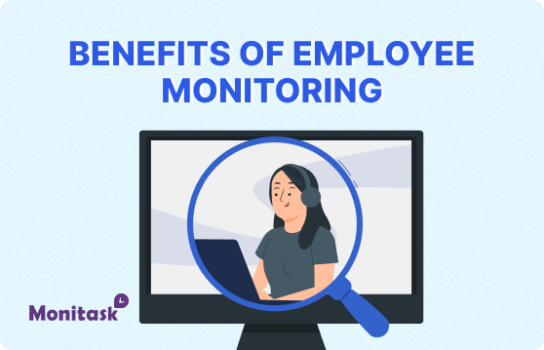Employees are Asking for a Salary Raise – What a Boss Should Do

Employees are asking for a pay rise more than ever before. In fact, in a recent study, it was found that almost half of all employees have asked for a raise in the last 12 months! If you’re a boss, this can be a tricky situation to navigate.
How do you respond when your employee asks for a pay rise? Do you give them what they want? Or do you try to negotiate? Don’t fret! In this blog post, we’ll provide some tips on how to handle this situation. Let’s start!

It would be very oblivious to think you would never deal with this situation. After all, even you, as the boss, expect a raise after some time. According to the PwC’s Global Workforce Hopes and Fears Survey 2022, employees with special training will likely ask for a raise or promotion after 12 months (check the graph below.) So, it’s best to be prepared.

However, we know most companies struggle to keep their employees happy about their wages, always looking for options to maintain turnover low. Yet, in 2022, according to PayScale, 92% of companies provided salary raises, up from 85% in 2021 and 67% under COVID-19 in 2020. Nonetheless, these rises may not be sufficient to keep up with inflation.
Why Are Employees Asking for a Raise?
That sounds like a dumb question, right? Yes, some employees will ask for a pay rise just for the sake of money, or why not? They want to uplift their work-life balance!
However, there is a lot behind your employee saying: “I want a raise.” When an employee asks for a raise, maybe they are telling you that they feel undervalued. Maybe they feel like their workload has increased, but their pay hasn’t. Maybe they are being courted by another company and this is their way of getting a counter-offer from you.
As the boss, it’s important to try to understand why your employee is asking for a raise. This will help you determine how best to respond
Let’s say, for example, that your employee is asking for a raise because they feel like the duties and responsibilities of their roles have expanded, but the pay is the same. In this case, you might want to consider giving them a raise. After all, if their workload has increased, it stands to reason that they should be paid more.
On the other hand, if your employee is asking for a raise because they are being courted by another company, you should ask yourself: Do I offer an attractive employee package? Am I neglecting my employees? In this case, you might want to try to redefine your payment structure.
This is not about employees being annoying, it’s about playing fair game for everyone!
Bosses, Here’s What to Do When an Employee Asks for a Raise!
It can be difficult to give everyone a raise, but it’s important to keep in mind that your employees are your most valuable asset. If you want to keep them happy (and prevent them from going to another company), you need to show them that you’re willing to invest in their future.
Here are some tips on how to respond when your employee asks for a raise:
Don’t Panic!
As a boss, it can be difficult and intimidating when an employee asks for a pay rise. This is a normal part of doing business and, if you handle it correctly, it can be a positive experience for both you and your employee!
Listen to What Your Employee Has to Say
As a boss, it is important to consider pay raises for your employees. However, simply giving or not out pay rises without considering the reasons behind it can be a detrimental move for both the employee and the company.
That is why it is crucial to listen to what your employee has to say when they ask for a pay rise!
In doing so, you can gather information on their workload and capabilities, their contributions to the company, and their flans and ambitions. This allows you to make a well-informed decision on whether or not they deserve a pay rise and how much of an increase they should receive.
By taking the time to listen to your employee’s reasons for requesting a pay rise, you are showing them that their voice matters and valuing their efforts within the company. Ultimately, this can lead to higher job satisfaction and improved productivity from your employees.
Get more out of your business
Get the best employee engagement content every week via mailing list
Consider the Company’s Ability to Pay
Of course, as a boss, you also need to consider the company’s ability to pay when an employee asks for a raise. After all, you don’t want to put the company in financial jeopardy by giving out raises that it can’t afford.
To help you make this decision, consider the company’s current financial situation, its profit margins, and any upcoming projects that may require additional funding. You should also compare your employees’ salaries to industry standards to ensure they are being paid fairly.
Consider conducting an internal audit before reaching any decision!

If you determine that the company can afford to give out raises, then you can start considering how much of an increase each employee should receive.
Think About What the Employee Has Done for the Company
When making the decision to give an employee a pay raise, it is important to think about what that employee has done for the company. Consider their job performance, their dedication to their work, and any extra effort they have put in above and beyond their normal duties.
If the employee has been a top performer and gone above and beyond what is expected of them, then they likely deserve a raise. On the other hand, if their performance has been lackluster or they have frequently called out sick, then you may want to hold off on giving them a raise.
Here, at Monitask, we offer you the best strategies to conduct performance reviews, check our blog post here
It is also important to think about how long the employee has been with the company. If they are a newer employee, you may want to wait until they have been with the company for at least six months to a year before giving them a raise. This will give you time to assess their job performance and see if they are truly dedicated to their work.
On the other hand, if the employee has been with the company for several years, then they may be due for a raise sooner.
Coordinate With Other Department Heads
If you have multiple employees asking for a pay raise, then you may need to coordinate with other department heads. This is especially important if the employees are in similar roles or if they report to different managers.
By coordinating with other department heads, you can ensure that all employees are being treated fairly and that no one is being under or overestimated.
Consider What the Employee is Asking For
When an employee asks for a pay raise, they will usually have a specific number in mind. However, this number may not always be realistic or in line with what the company can afford.
As a boss, you need to consider what the employee is asking for and whether or not it is reasonable. If they are only asking for a small increase, then you may be more likely to give them what they want. However, if they are asking for a large raise that is outside of the company’s budget, then you may need to negotiate with them.
Try to come to an agreement that is fair for both the employee and the company
If you can afford a pay rise, calculate it based on the inflation rate. If the inflation rate is 3%, you may want to aim for a pay rise of at least 4% to maintain the purchasing capacity of their salary. Or, if this is not the case, you may be able to give them a smaller raise now and offer a larger increase in six months or a year.
Not Everything Is About Money
It is important to remember that not everything is about money. Sometimes, employees may be looking for other benefits such as more paid time off, flexible work hours, or additional company perks. If this is the case, then you may be able to provide these things without giving them a pay raise.
Take into account that not every employee wants the same benefits, look at how benefits change across generations!

Employees may also simply be looking for more recognition or appreciation for their work. In this case, you may want to consider giving them a bonus or praising them in front of their coworkers.
Whatever the case may be, it is important to have a discussion with the employee to find out what they are looking for and see if there is anything that you can do to help them feel valued.
Redefine Employee Tasks
Maybe, for your staff work has become a chore and they are no longer excited about it, hence they ask for more money to compensate for the dreadful feeling of their job.
In this case, it is important to take a step back and look at the employee’s tasks. See if there is anything that you can do to change or improve their job duties. Sometimes, simply redefining an employee’s tasks can make them feel more engaged.
Giving employees new and challenging tasks can help them feel more engaged in their work and may make them less likely to ask you for a pay raise that you can’t afford.
Making the Decision
After considering all of these factors, you should be ready to make a decision on whether or not to give the employee a pay raise. If you decide to give them a raise, then be sure to communicate your decision clearly and explain why they are receiving an increase in pay.
It can be difficult to reject an employee’s request for a raise. However, it is important to not only explain the decision but also to provide reasoning. If the employee has not shown enough growth and development in their performance to warrant a pay increase, it can be helpful to suggest steps that the employee can take in order to improve and eventually receive a raise.
Be respectful and understanding, as this can be a difficult conversation to have!
Ultimately, addressing these issues with respect and understanding can help maintain a positive relationship with your employees.
Leave The Door Open
Take the time to have an open discussion with your employees about their goals and what they are looking to achieve in their careers. This will show them that you are interested in their development and that you want to help them grow within the company.
It is also important to leave the door open for future discussions about a pay raise. Let them know that you are willing to revisit the topic at a later date if their situation changes or if the company’s budget allows for it.
Just remember to be understanding, respectful, and clear in your communication.
Takeaway
When an employee asks for a pay raise, it is important to consider their request carefully. You should think about their job performance, how long they have been with the company, and what they are asking for. You may also want to explore other benefits that you can offer them instead of or in addition to a pay raise. Ultimately, you will be the best decision for both the employee and the company.
Hopefully, this article has given you some insight into what to do when an employee asks for a pay raise. If you have any questions or would like to learn more, please don’t hesitate to reach out to us. We would be happy to help!
Looking for more tips on being a great boss? Check out our blog archive!
-The Monitask Team


